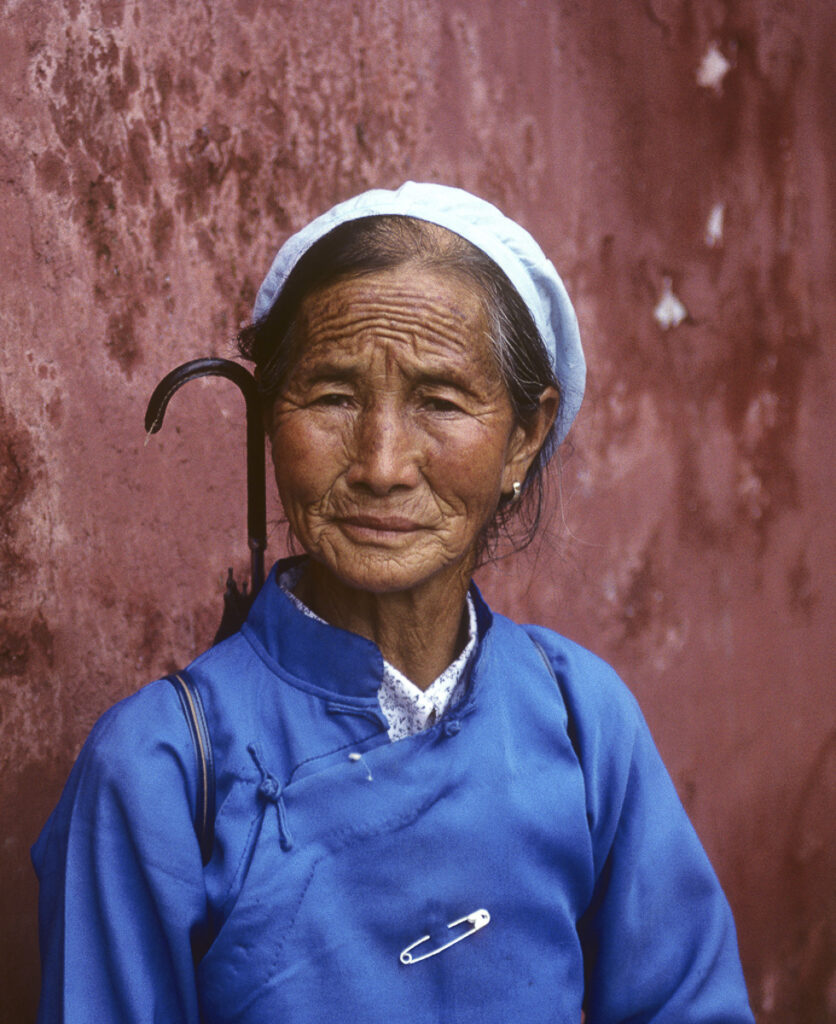China, Part 2
China is also Hong Kong and Macao, both of which were still colonial possessions when I first visited in 1991. Hong Kong was ceded back to China by the British in 1997; Macao, by the Portuguese in 1999. Since that time, China has become the world’s second largest economy and is poised to become the largest sometime this century.
This shouldn’t surprise anyone as the Chinese have always been skilled at business and entrepreneurialism. Yes, the post-revolution era of Chairman Mao bogged that spirit down in the quicksand of ideology. But Mao’s passing marked the re-emergence of the entrepreneurial drive in China. Gradually, the communist government began allowing greater economic freedom while still keeping a boot on political freedom.
That seems to be China’s essential paradox, at least to our western sensibilities: freedom to acquire all the wealth you can, as long as you leave the politics to the central government. It’s a deal the Chinese people, for now at least, have been willing to make.
There’s no disputing that China’s star has risen dramatically in the 21st century. It’s become a global economic juggernaut creating enormous wealth for many while also modernizing cities and infrastructure. Such rapid development has also brought commensurate problems: choking traffic jams, toxic smog, unscrupulous business practices, corruption, etc.
China’s newfound economic clout has brought with it a new assertiveness on the world stage: claiming territory in the South China Sea and unnerving traditional rivals like Vietnam and Japan; acquiring massive parcels of land in Africa and South America, then developing and exploiting the mineral wealth and other natural resources or establishing huge agricultural plantations.
It seems clear that this ‘new’ China has a long-term sense of itself as an enduring global entity. The inherent paradox of market economics under centralized government control has propelled China into a new era of prosperity and confidence. There is much to suggest it has a very coherent view of its future.
